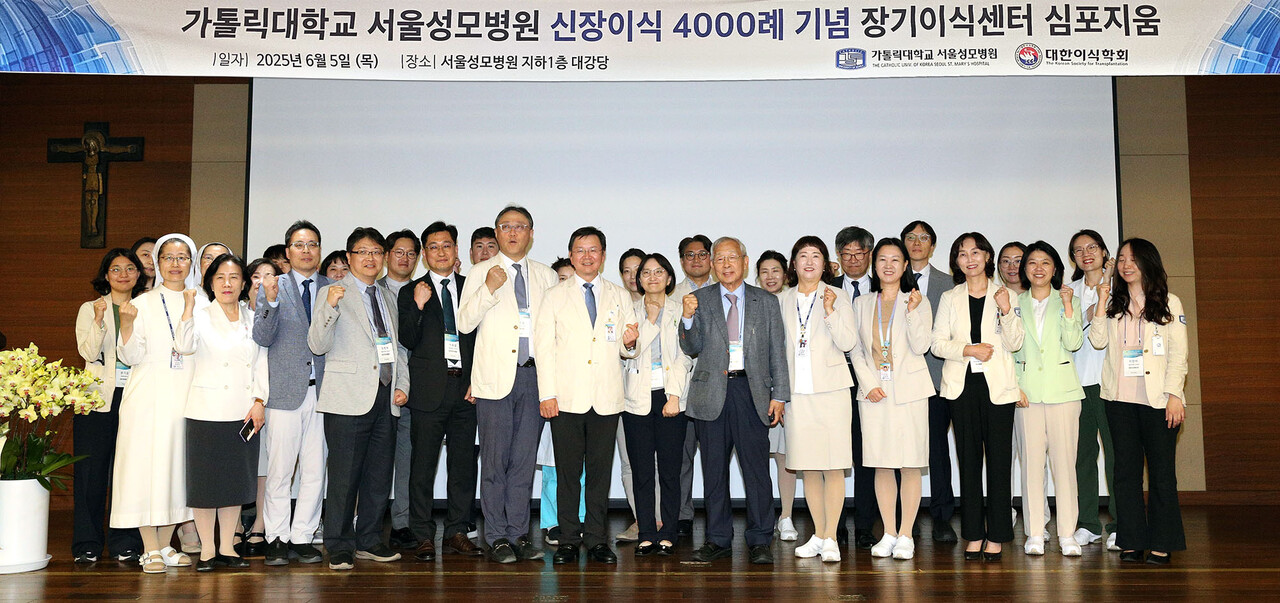RELATED Live.
- About us
- KIMA Members
-
KIMA Doctors
- All
- Anesthesiology
- artificial joint center
- Breast and Endocrine Surgery
- Breast cancer and thyroid cancer center
- Breast Surgery
- Cardiology
- Cardiothoracic Surgery
- Cerebrovascular Center
- Colorectal Surgery
- dental and maxillofacial surgery
- Dermatology
- Endocrinology
- Gastroenterology
- General Surgery
- Genito-Urology
- Hematology
- Hemato-oncology
- Infection Center
- Internal Medicine
- International Healthcare Center
- Korean Medicine
- liver center/Pancreas and billiary tract center
- Liver Transplantation
- Neurology
- Neurosurgery
- Obstetrics & Gynecology
- Ophthalmology
- Orthopedic
- Otorhinolaryngology
- Pediatric & Juvenile
- Pediatric Allergy and Respiratory Diseases
- Pediatric Gastroenterology
- Pediatric Neurology
- Pediatrics
- Physical Medicine & Rehabilitation
- Plastic & Reconstructive Surgery
- plastic surgery
- Pulmonology
- Radiation oncology
- Rheumatology
- Thyroid & Endocrine Surgery
- Urology
- Vascular Surgery
- KIMA News
- KIMA Live
- Community
KIMA NEWS

Seoul St. Mary’s Hospital, The Catholic University of Korea announced on June 10 that it successfully hosted a symposium titled “Celebrating the Achievement of 4,000 Kidney Transplants” on June 5 in the auditorium on the basement level of its main building. Supported by the Korean Society for Transplantation, the symposium brought together medical professionals and organ transplant experts from across the country to share the latest clinical knowledge and experience in kidney transplantation.
The Long-Term Organ Transplant Center at Seoul St. Mary’s Hospital, The Catholic University of Korea performed Korea’s first kidney transplant on March 25, 1969, and has since continuously refined its surgical techniques. As of February 5, 2024, the hospital achieved a cumulative total of 4,000 kidney transplants.
The symposium was led by Professor Oh Haeng-jin of the Department of Surgery. Professor Park Sun-cheol, head of the Long-Term Transplant Center, delivered the opening remarks, followed by a congratulatory speech from Professor Yoon Seung-gyu, the hospital’s director. Professor Jang Eun-joo delivered a keynote presentation titled “Current Status and Future Directions of Kidney Transplantation at Seoul St. Mary’s Hospital”.
In the first session, chaired by Professor Moon In-seong, speakers addressed “Latest Trends in Surgical Techniques and Pharmacological Therapies”, including topics such as immune testing, antibody therapy, and robot-assisted kidney transplant surgery. The second session, moderated by Professor Yang Cheol-woo, focused on “Optimal Donor and Recipient Management Strategies”, covering immunosuppressant protocols, ABO-incompatible transplantation, bone metabolism, and the management of chronic diseases.
Attendees agreed that the symposium not only celebrated a major milestone in kidney transplantation but also provided a vision for the future of solid organ transplantation in Korea. Professor Park Sun-cheol emphasized that the achievement was made possible through the trust of patients and the dedication of medical professionals, and he expressed his hope that the hospital will continue to contribute to improving the quality of life for transplant recipients and expanding solid organ transplant programs.
Inquiry